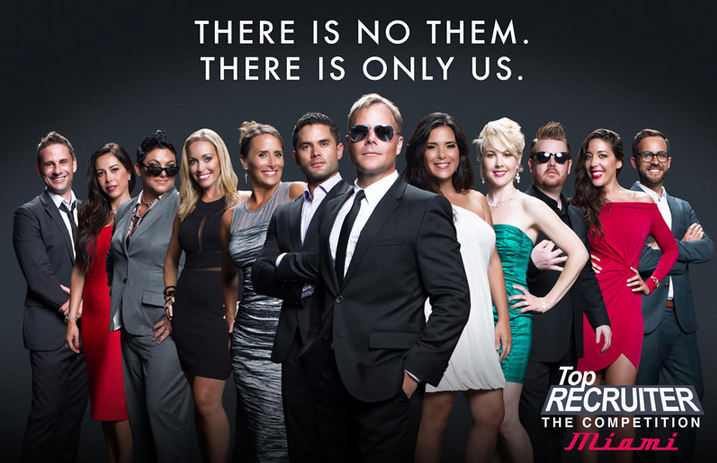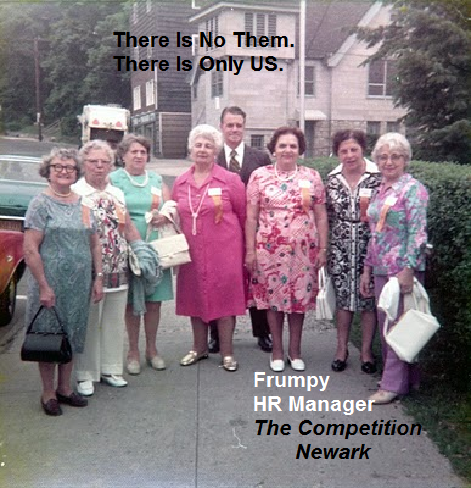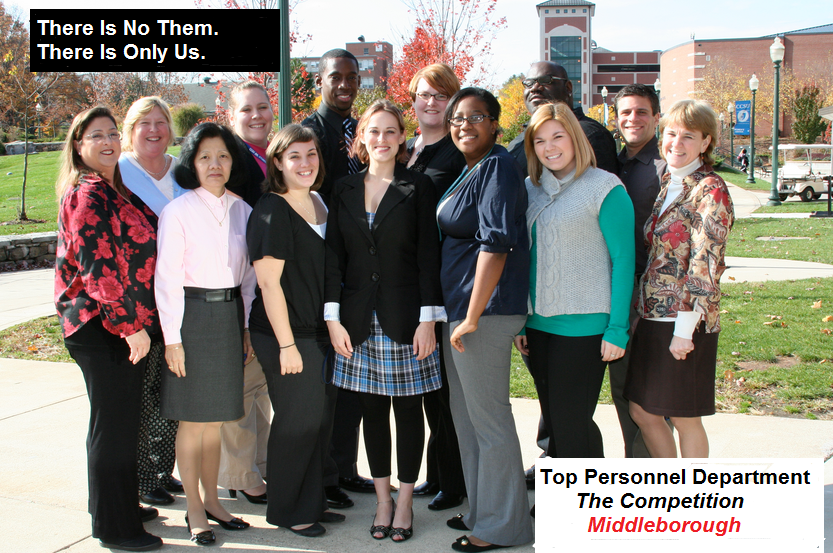Ok, before we get started, stop it. I could have titled this, “HR’s Holiday Gift” or “HR’s Chanukah Gift”, etc. But, I didn’t, the majority of people celebrate Christmas, so I used Christmas. Breath in HR people. (for the record we celebrate both Hanukkah and Santa in my house – my kids are equal gift getters!).
So, what would it be? If you could have one thing in HR for Christmas, what would you ask for?
And don’t be lame. “Oh Tim, I would just ask for world peace and that Snapple brought back Compassion Berry” No you wouldn’t, not if it was real. I mean for really real!
I’m sure a bunch of HR Pros would ask for a new HRIS System. I mean that’s what we do during the holidays, we want the biggest baddest fastest new electronic device that will make our lives easier and make us look 10 pounds thinner!
I’m sure a bunch of HR Pros would ask for the ability to Hire more employees! What a gift that would be. Not only for the people getting hired, but for your overwork staff. One thing that hasn’t come back from the recession is HR and Talent Acquisition staffs. Most shops are still running very thin!
I’m sure a bunch of HR Pros would ask for a new Employment Brand! Oh to be as sexy as Google, Zappos or Sodexo! Wouldn’t that be a wonderful environment to work in HR. Life just seems easier when you work for a sexy brand. It isn’t actually, but that’s what great branding does. It makes some idiot like me think it must be easy to work in a great place like that, so they should hire me!
I’m sure a bunch of HR Pros would ask for better Talent for their organizations (which is technically way more than one gift, but let’s face it, some of us HR Pros don’t follow directions well!). This is the freaking holy grail, right! If we only had the top talent (instead of saying we only hire top talent – then hire those who respond to our posts) our lives would be so much easier!
There are so many things we could ask for in HR, but this is why I love HR – for all those gifts I listed above, and for so many more you and I could come up with, we work in a profession where we have the ability to deliver each and everyone of those to our organizations. With enough time, patience, influence, strategy and luck, not one of those things I couldn’t give my organization. Maybe that’s the best gift of all.
For the record – Visionary Leader – that’s my one gift – the one I would ask for. Those are rare, those are hard to find. Not many of us get the opportunity to work with a true visionary. Great managers, strong leaders, charismatic personalities – yes; But a Visionary Leader, that is something few get the opportunity to experience.
What would be your One gift you want for HR this holiday season?




